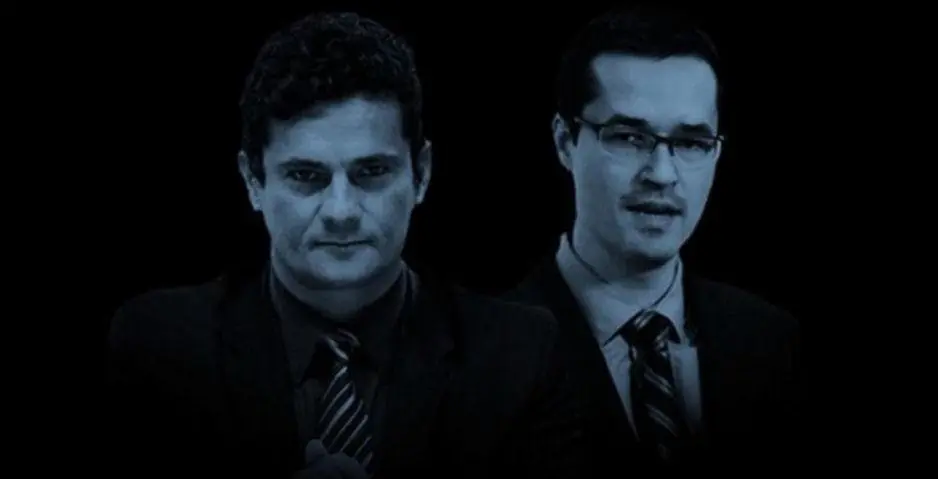Operation Car Wash (Lava Jato), now in its tenth year, prompts Brazil to reflect on the actions of its key legal figures.
This extensive corruption probe is under new scrutiny, starting in Curitiba and spreading to major cities.
Conviction reversals and critiques, mainly from affected politicians, spotlight figures like Deltan Dallagnol and Sergio Moro.
Justice Gilmar Mendes proposes a “truth commission” to review the operation, motivated by leaked prosecutor messages.
He challenges the basis of plea deals and the calculation of fines, urging the National Council of the Public Ministry (CNMP) to act decisively.
The National Council of Justice CNJ is investigating how the 13th Federal Court of Curitiba and the 4th Regional Federal Court used agreement funds.

There has been a shift in how anti-corruption funds are being used, with a Supreme Court directive reallocating them to environmental and educational initiatives.
An upcoming report may reveal both administrative and criminal wrongdoings, with potential implications for Moro and others.
As Brazil navigates the legacy of its biggest anti-corruption campaign, it grapples with balancing judicial integrity and political dynamics.
Background Operation Car Wash
Operation Car Wash started in 2014, exposing widespread corruption among Petrobras officials and executives.
It became a symbol of Brazil’s fight against corruption, leading to numerous arrests and significant political upheaval.
However, the operation’s aggressive tactics raised questions about legal overreach and impartiality, especially concerning its impact on the political landscape.
The investigation notably influenced the 2018 presidential election, casting a shadow over its fairness.
Critics argue that the operation’s legacy is a double-edged sword. It enhances legal accountability while also exposing deep flaws in Brazil’s judicial system.
Brazilians doubt Supreme Court ruling
A Genial/Quaest survey from March 3, 2024, shows 74% of Brazilians believe the Supreme Federal Court’s (STF) decision to annul Operation Car Wash penalties may boost corruption.
This view contrasts with 14% who disagree and 12% unsure or silent. Researchers asked 2,000 people aged 16 and up for their opinions between February 25 and 27, 2024. The survey’s error margin is ±2.2 percentage points.

